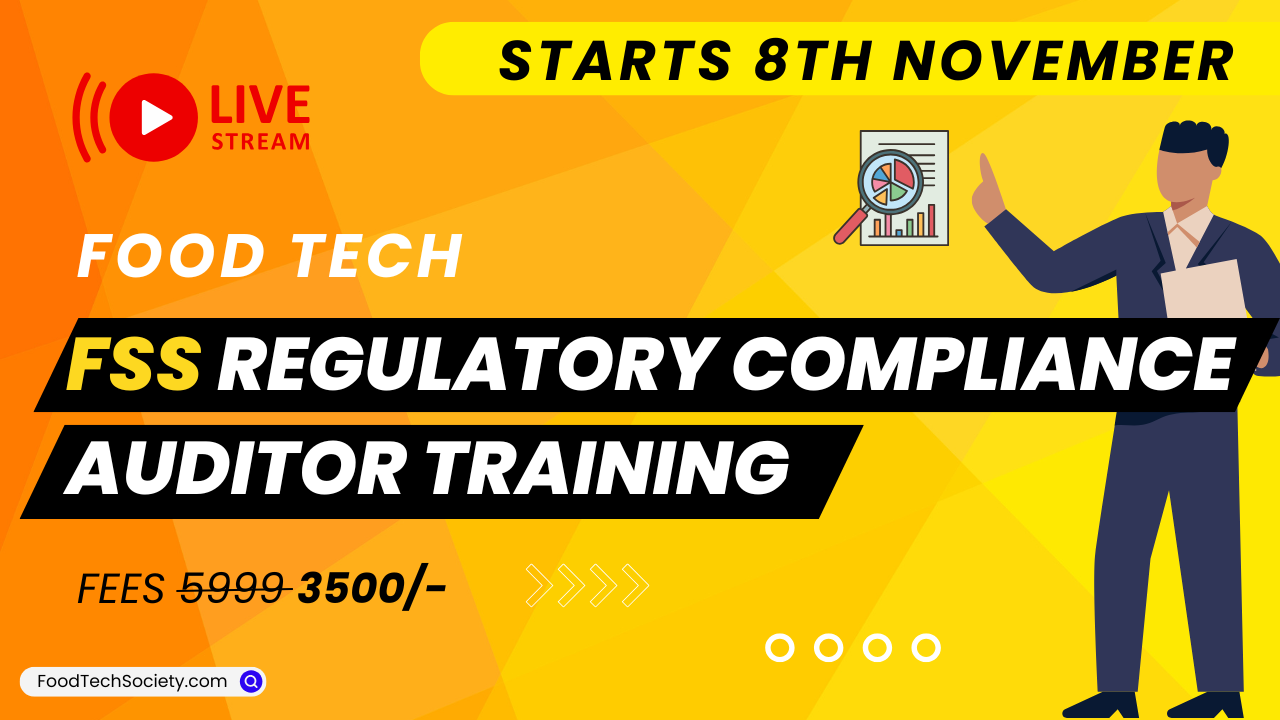FSSAI Food Safety and Standards Regulatory Compliance Internal Auditor Training

About Course
Q – Why Food Safety Standards Regulatory Compliance Auditor important in food industry?
A Food Safety Standards Regulatory Compliance Auditor plays a crucial role in ensuring the safety, quality, and legality of food products in the food industry. Here are five reasons why their role is essential:
-
Ensures Consumer Safety
The primary role of an auditor is to verify that food products meet safety standards, preventing contamination and foodborne illnesses. By reviewing processes, hygiene practices, and product handling, auditors help maintain public health and protect consumers from unsafe food products. -
Compliance with Regulations
Food safety is governed by various local, national, and international regulations, such as the FDA, HACCP, and ISO standards. Auditors ensure that food production facilities comply with these stringent guidelines, avoiding legal penalties, fines, and recalls. -
Improves Operational Efficiency
Regular audits help identify inefficiencies or gaps in food safety practices. By detecting areas of concern early, auditors guide companies in implementing corrective measures, thus improving operational processes and minimizing the risk of costly mistakes. -
Protects Brand Reputation
Non-compliance or food safety failures can lead to reputational damage. Auditors help companies maintain high safety standards, ensuring that their brand remains trusted by consumers, retailers, and stakeholders, which is vital for long-term business success. -
Supports Market Access
For companies aiming to expand globally, adherence to international food safety standards is crucial. Auditors ensure compliance with these standards, facilitating access to new markets and ensuring that food products are accepted internationally.
Student Ratings & Reviews
